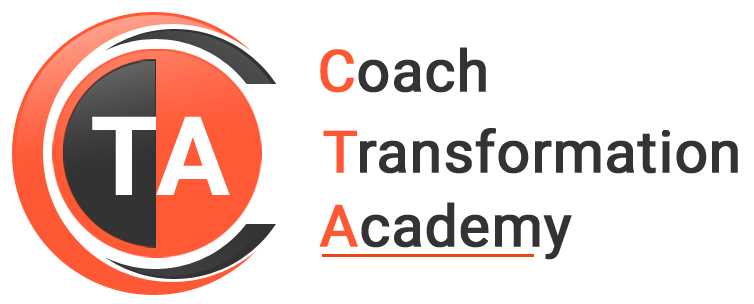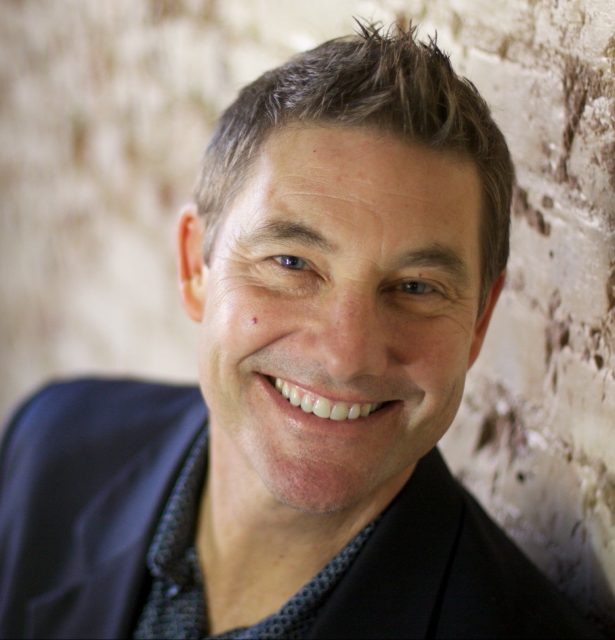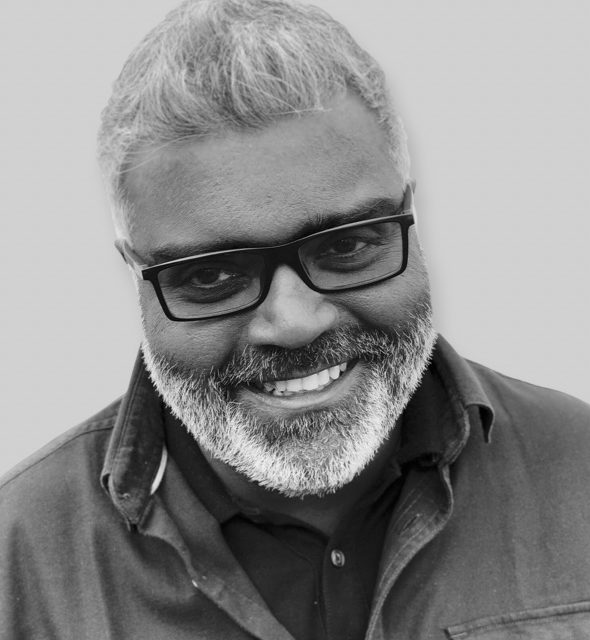
Global Thought Leader On Narrative Coaching
David’s first degree was in sociology, and it has served him well across his career in taking a systemic approach to resolving client issues. He began his career as an educator and grief worker, with a focus on facilitating often difficult conversations about issues that mattered. Along the way, he developed a keen sense for recognizing the patterns in play and an ability to get to the crux of issues quickly. He brings a compassionate presence, a keen mind and an insightful artistry to working with people.
His doctoral research on coaching laid the groundwork for the innovative methods of facilitating transformative change using people’s own stories for which he is now well-known. David is the founder of the field of narrative coaching and, for over twenty years, he has championed this work and a vision for what coaching could become. He has taught narrative coaching to practitioners in over twenty countries and reached another forty countries online.
David is a Fellow and Thought Leader for the Institute of Coaching at Harvard. He earned his PhD in Human & Organizational Development from Fielding Graduate University. David is the author of over fifty publications, including as lead editor of The Philosophy and Practice of Coaching (2008), co-editor of SAGE Handbook of Coaching (2016), and author of Narrative Coaching: The Definitive Guide to Bringing New Stories to Life (2018).
David has also worked with over seventy organizations, including Commonwealth Bank of Australia, Dropbox, Google, Logitech, Nike, PwC, and numerous state and federal government agencies. He has taught narrative coaching skills to over 15,000 leaders, managers and professionals in organizations, largely in support of change initiatives.
David is the Founder and CEO of Moment Institute in California. It was established in 2018 to (1) extend the legacy and reach of Narrative Coaching; and (2) research, teach, apply and extend its principles and practices as a theory of change. It is committed to (1) advancing our understanding of the art and science of real change in real time; (2) developing professionals and practitioners who can use this work; and (3) democratizing this work so that it can be used by anyone at any time.
Key Notes:
The Future of Coaching: Three New Stories the World Needs from Us
In the 19th episode of Transformational Tuesday, Dr. David Drake got our participants thinking deeply about what they want, being visionary, and more! A worth attending webinar, Dr. David shared coaching tips from his 25 years of experience. Founder of Narrative Coaching, David’s a Thought Leader and has a Ph.D. in Organizational Development.
Author of over 60 publications, David discussed in the webinar about “The Future of Coaching: Three New Stories the World Needs from Us.” Here are the key takeaways from our conversation:
-
- Stories are one of the most effective ways to simplify what we’re trying to do as coaches, how we think about our work with clients, and streamline our development.
- How might I need to evolve my view on coaching to meet the needs of the changing world?
- The world is changing faster than our organizations, our institutions, and professions. We need to be more co-creative, bolder, proactive, and visionary as coaches.
- Coaching no longer is enough. It needs to align with other things with your clients in large parts. Coaches cannot afford to send back their changed clients into unchanged environments.
- Reshaping the workplace, space, community, relationships, etc., factors into the changing world.
- The future of business will be shaped by nimble pods of highly committed people in deep relationships. – Mikela and Philip Tarlow
-
- The idea of nimble pods: We’re used to coaching intact things, things that stay the same. But as society and technology are advancing, we’re working with more emergent groups of people. So how do we coach into that space? And focus on their commitments rather than goals. What are they trying to achieve? How do we engage them and support them as coaches?
- Sometimes, coaching focuses so much on individual psychology. However, with more research being conducted, it’s pretty apparent that our behavior and identity have much more to do with collective psychology.
- We’re beginning to think about coaching in the relationship. And about the relationships in which our clients exist.
- I want to protect analysis from physicians and priests. I want to trust it to a profession that doesn’t yet exist, a profession of secular ministers of souls. – Sigmund Freud
- Coaching is just the foundation of what’s coming next.
- We’re not limited by the word coach.
- We’re free to work with what would serve our clients. The highest level in any moment in our work with them. What would that enable us to do?
- Coaching needs to expand to address things that we might not traditionally think of as coaching as people are trying to find their ways in these difficult times.
Invitation 1: Feed your soul, not consume more tools.
- Coaches often are enamored with tools. As per David’s experience, some of them can be very helpful, particularly when you’re learning to coach.
- What our clients most appreciate from us is the human connections we make with them. And that requires us to be able to show what we think of ourselves as a soul or spirit or the core of our being.
- Sometimes, we hide behind our tools instead of being with our clients as we’re having conversations that are important to them.
- One of the roles that we play with clients that are important yet significantly underrated in coaching is our ability to see them, hear them, and be with them.
- Our clients may forget the majority of discussions we had in coaching sessions. But they won’t forget for a long time how it felt to be with us in those critical moments of conversations.
- We, as coaches, are not leading our clients; rather, we’re witnessing them unfold, grow in a certain way or achieve something.
- Rather than carrying off the load while coaching, we need to ride along with clients as they navigate towards what they’re going through.
Inquiry 1: What is your soul longing for?
Invitation 2: Serve the moment, not your method
- Sometimes we get enamored with our methods as coaches.
- We are not our coaching. Our work is a moment moving through us.
- When we focus too much on ourselves while working, we feel that we are our coaching. And that coaching is the point of this conversation. But as we move through the session, we might take many different forms depending on the person and the story they’re sharing with us.
- Coaches can be a vessel for the things clients are trying to unfold in those conversations. This can change your focus from yourself to what’s in front of you. Coaching becomes easy then as, as a coach, you’re not carrying the conversation or making something happen.
- Coaching doesn’t pay enough attention to the client’s body. Yet, the bodies of both coaches and clients are central to how we work or sustain.
- Our center of gravity as coaches travels with us. We take our balance with us. So we’re actually moving into this in a grounded way that allows us to be present with what’s happening with our clients.
Inquiry 2: What is this moment asking you?
Invitation 3: Work with the Whole Story.
- In Narrative Coaching, clients are choosing how to tell their stories with us in the context of the coaching session. THey’re formed every time they’re told. We’re curious what parts make into their account and what is not.
- What is the story that’s getting us to pay attention to?
- What if we stopped setting goals?
- Rather than worrying so much about goals, what if we spent more of our time helping our clients create better soils?
- We can help them create better contexts that are more sustainable and healthier for them.
Inquiry 3: What if you could work this way?
The future of coaching is not just about supporting individuals to grow; it’s about creating the soils that make it easier for more people to thrive.
We hope you found our webinar with Dr. David Drake valuable and enlightening.
Did you miss our episode with Dr. David Drake? Watch the entire video to get detailed information on Narrative Coaching and the three stories shared by Dr. David.
A big shout out to Dr. David Drake for discussing and sharing insights on such a fundamental topic! And talk about the importance of appreciation at the workplace.
Subscribe to our YouTube Channel to learn more from coaches all around the world.
Stay tuned for the next episodes!




